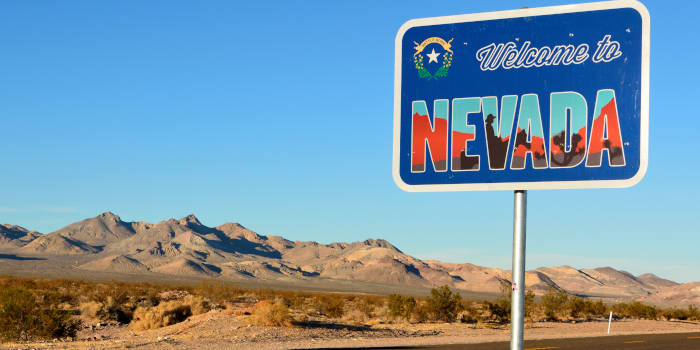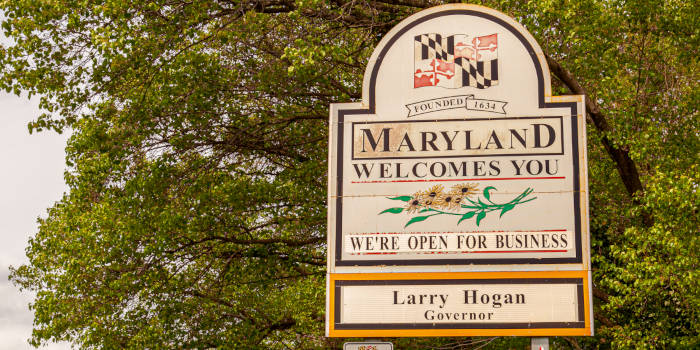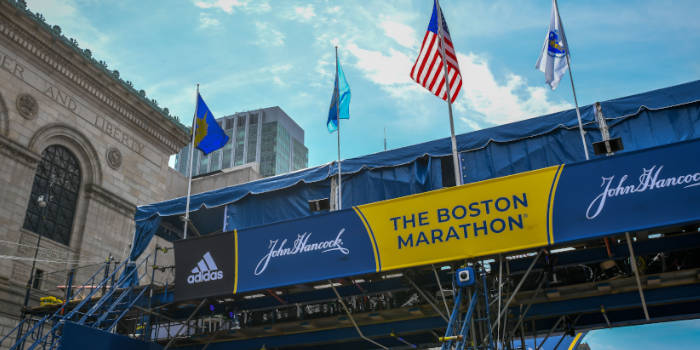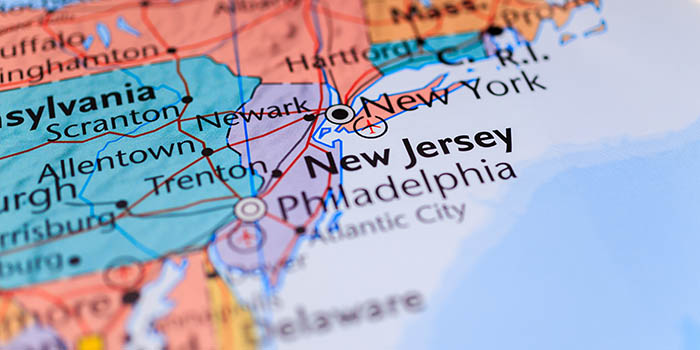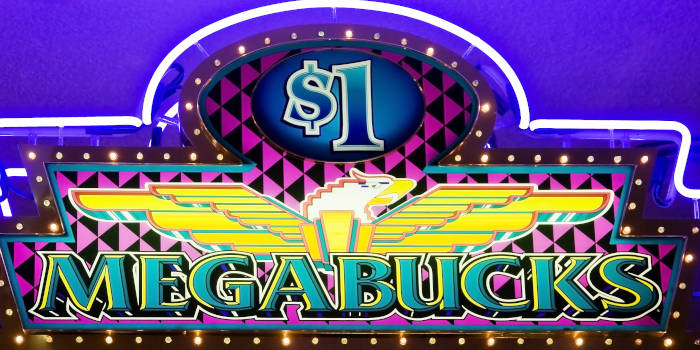Connecticut Lawmakers and Tribes Close to Consensus on Gambling

Tribal operators and lawmakers in Connecticut may be close to a consensus on sports betting and internet gambling in the state.
How Long Before Regulated Sports Betting in Connecticut?
Tuesday has proven a day for bringing up sports betting proposals across the United States with New York and Minnesota both making regulator steps forward to add new aspects to their already existing gambling industries.
Connecticut was no exception with lawmakers asking to finally agree on a framework that would make it possible to legalize both sports wagering as well as Internet gambling. Yet, much like in Minnesota, lack of consensus between tribes and lawmakers has so far led to an impasse for the state. This comes amid falling casino results during the FY 2020.
Sportech Venues Inc. president Ted Taylor has partly criticized the tribes arguing that none of the commercial stakeholders had ever claimed that they would seek exclusivity over sports betting – unlike tribes, Taylor suggested, cited by the Associated Press.
Sports betting and Internet gambling are both subject to a somewhat antiquated agreement between the state and the Mohegan and Mashantucket Pequot tribes. Yet, the compact doesn’t hurt the state and if anything, tribes are paying generously for their perceived exclusivity.
As per that agreement, Connecticut’s tribes have exclusivity over gambling operations in the state and they pay 25% tax on slot machine revenue, a substantial chunk of money all things considered. Giving a public statement on the matter, Mashantucket Pequot Chairman Rodney Butler said that the tribes are prepared to defend their interests.
Tribes Must Be Heard in Matters of Sports Regulation
He further added that any sports betting legalization should happen with the agreement of tribes. Meanwhile, Mohegan Gaming and Entertainment COO Ray Pineault reminded that the state has been benefiting a lot from the compacts signed with the tribes.
He has a point. Tribes pay a hefty bit on gambling revenue whereas commercial sports betting operators are usually enjoying a much smaller taxation rate, judging by similar operations elsewhere in the United States. Tribes on the other hand are happy to contribute to the state’s coffers without complaining, so long as they have their say in how the industry is regulated.
Despite the gung-ho approach by both parties, there may be a compromise more or less as Butler has suggested that the tribes are looking at possible scenarios. The tribes are reportedly looking to strike an agreement that would benefit them, but also Sportech and the Connecticut Lottery Corporation, which also wants a part in sports betting.
Tribes are already discussing potential regulatory scenarios with Gov. Ned Lamont who is all for the regulation of the industry. Recently, Senate Bill 146 was pitched, offering to expand both betting and iGaming, and Lamont seemed to be all for it.
Butler has acknowledged that online seems to be the most likely outcome for any regulated industry as lawmakers have seen the benefits of the activities in recent months. However, a sports betting legalization is unlikely this year, cautions the chairman.
The tribes remain “willing and flexible,” said Butler, and a compromise on sports betting and Internet gambling can be reached while protecting the tribes’ exclusivity rights he further argued. Even better, Gov. Lamont may have a way to push the tribes’ case with lawmakers in a way that they would understand how important a consensus is for the future success of Connecticut’s gambling industries.
Mike made his mark on the industry at a young age as a consultant to companies that would grow to become regulators. Now he dedicates his weekdays to his new project a the lead editor of GamblingNews.com, aiming to educate the masses on the latest developments in the gambling circuit.





